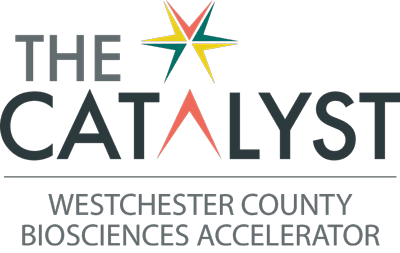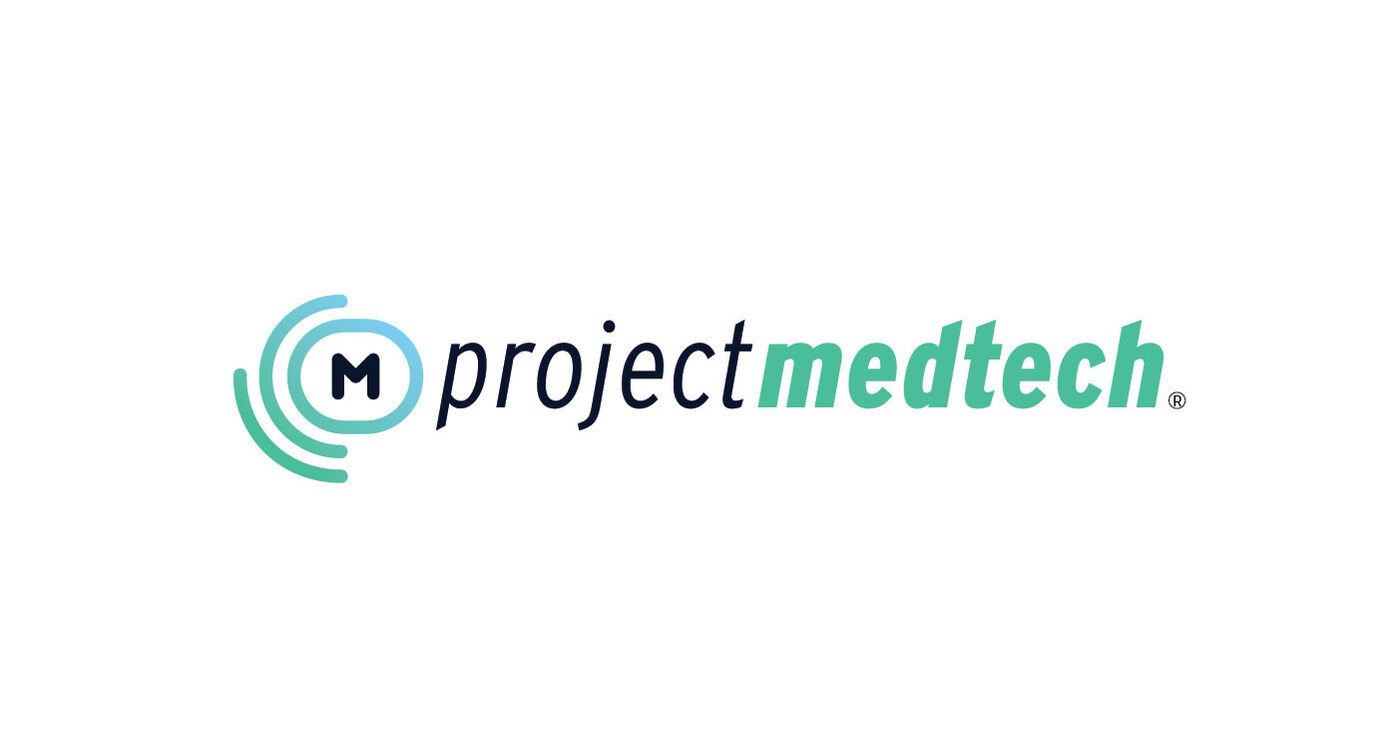For many early-stage founders, joining an accelerator or partnering with external service providers feels like a breakthrough. These relationships promise structure, mentorship, funding, and access to networks—all of which are critical when resources are limited. But not all support is created equal. And in the excitement of building, it’s easy to overlook the fine print or ignore early warning signs.
In conversations with founders, a pattern has emerged: many feel taken advantage of by players in the startup ecosystem—sometimes by accelerators themselves, but also by investors, development firms, legal advisors, and well-meaning “connectors” who offer introductions or advice. These stories aren’t rare. And they’re often avoidable.
When time is tight and pressure is high, it’s tempting to say yes to the first offer that sounds promising. But early decisions can have long-lasting consequences. Let’s explore some of the most common red flags founders encounter and how to protect yourself without losing momentum.
When Offers Come with Hidden Costs
Accelerator programs are often viewed as gateways to funding and visibility. But in practice, some operate more like generic education platforms, offering templated content in exchange for significant equity or high fees. Founders have reported receiving outdated advice, limited mentorship, or access to investors that never materialized.
Similarly, not all investment capital is created equal. A term sheet may look exciting at first glance, but deeper analysis sometimes reveals clauses that heavily favor the investor. Such as aggressive liquidation preferences, full control rights, or excessive equity demands. Others drag out conversations with no intent to invest, burning time founders don’t have.
It’s worth pausing to ask hard questions upfront:
- What exactly will I receive in exchange for equity or fees?
- Who are the mentors or advisors—and do they have relevant experience?
- What do previous founders say about this partner?
- Are the terms aligned with the startup’s long-term goals?
The strongest partnerships are grounded in alignment and clarity—not urgency or optics.
The Trouble with Technical and Professional Partnerships
Founders often look to outsource development, legal, or regulatory work to keep internal teams lean. This can be a smart move—but only when managed carefully.
Some development firms create lock-in by using proprietary systems or writing poor documentation, making it difficult to transition work later. Others stretch project timelines to maximize billable hours, or deliver work that looks polished on the surface but is structurally unsound.
Legal, grant writing, and compliance consultants may offer “free” services upfront, only to roll founders into long-term engagements with unclear scopes or inflated costs. In some cases, advice is overly conservative—stalling progress rather than supporting it.
Red flags to watch for include:
- Vague contracts with unclear deliverables
- Ownership of IP that isn’t explicitly assigned to the startup
- Generic templates sold as custom work
- Delays in response times that create unnecessary dependency
These risks don’t mean founders should avoid external support. But clarity matters. Ask for examples of past work. Request itemized proposals. Understand what happens if the relationship doesn’t work out. A good partner will be happy to walk you through all of it.
Advisors, Ecosystem Players, and the Importance of Transparency
In the startup world, everyone seems to know someone—and many individuals position themselves as strategic advisors, connectors, or advocates for founders. While some deliver real value, others leverage early-stage founders’ trust and urgency for their own gain.
Common issues include:
- Advisors requesting large equity stakes for vague contributions
- Recommendations driven by referral commissions (undisclosed)
- Pay-to-pitch events with limited real value
- Services oversold by sales teams and underdelivered by execution teams
Founders are often told to “take every meeting,” but that mindset can backfire when those meetings lead to partnerships based on pressure, not performance. If someone’s offering access or advice, ask for specifics. What are the deliverables? What’s their track record? Who have they helped?
Your equity, time, and brand deserve more than vague promises.
Build Cautiously Without Losing Momentum
Early-stage founders are resilient, resourceful, and optimistic by nature. That optimism is a superpower—but it needs to be paired with discernment.
Be cautious about who you give your time, money, and equity to. Create contracts that protect your vision. Surround yourself with people who are invested in your long-term success, not just short-term leverage. You don’t need to move slowly, you just need to move smart.
If you’re in healthcare or life sciences and looking for a growth partner that respects your time, protects your equity, and delivers tangible results, we’d love to talk. At C3 Medical, we work alongside startups to bring clarity, strategy, and integrity to every stage of growth.
Let’s have a conversation about what support should really look like. Reach out to get started.














